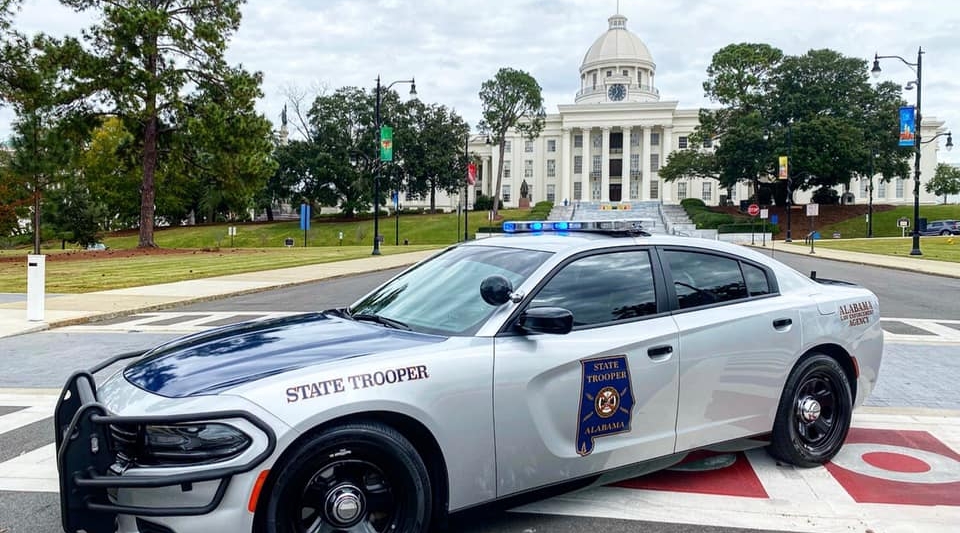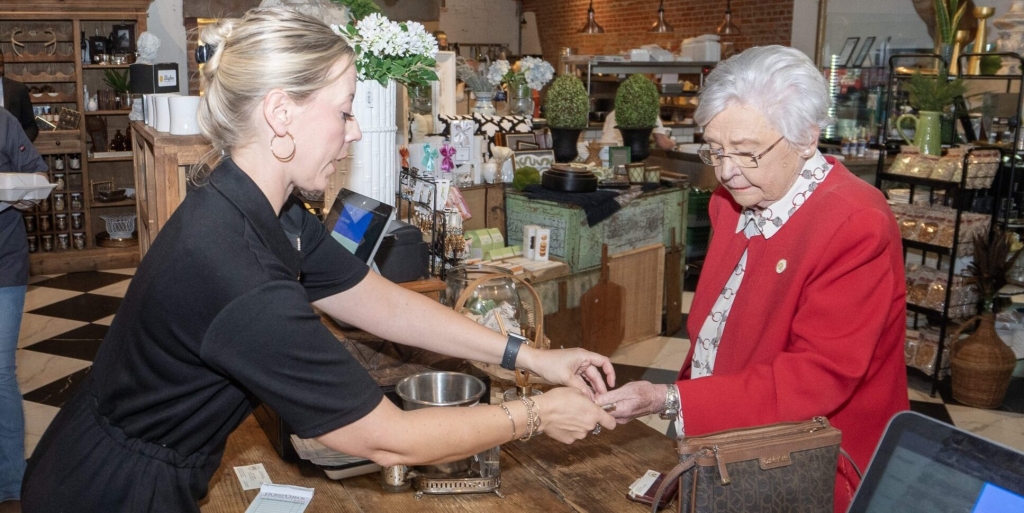The coronavirus (COVID-19) outbreak has left the nation’s economy in peril, and small business is showing signs of being among the hardest hit sectors.
A recent survey conducted by the National Federation of Independent Business (NFIB) shows 76% of small businesses have been negatively impacted by the COVID-19 crisis, according to a release from the organization.
This figure is up significantly from a survey a mere 10 days ago which showed 25% of small businesses had been negatively affected.
Rosemary Elebash, state director for NFIB in Alabama, spoke of her members’ resolve despite these foreboding statistics.
“This may be a difficult time for small businesses, but they’re trying to deliver the goods and services their customers need as safely as they can and showing a real determination to get through this,” Elebash stated.
Gov. Kay Ivey announced over the weekend that small businesses harmed by the outbreak are eligible for assistance under the U.S. Small Business Administration’s Economic Injury Disaster Loan program.
Greg Canfield, secretary of the Alabama Department of Commerce, oversees the state’s Office of Small Business Advocacy. He has been actively engaged in conversations with small business owners in recent days.
“Small businesses are the lifeblood of communities all across Alabama, employing local residents and sustaining economic vitality,” Canfield said. “It’s critical that small businesses around the state remain healthy, and the SBA’s disaster loan program could prove to be a lifeline for many of them.”
Jefferson County has ordered all barbershops, hair salons and non-essential retail stores to close effective 5:00 p.m. on Monday.
State Sen. Arthur Orr (R-Decatur) questioned some of the extreme measures which have been put in place at varying levels of government in response to the outbreak.
Orr’s comments seemed to reflect a concern for many of the small businesses suddenly facing uncertainty with no end in sight.
“It takes much longer to start a business back up if it hadn’t gone into total bankruptcy and failure than it does to just shut her down,” he remarked.
NFIB’s survey indicated that, of those businesses negatively impacted, 23% are experiencing supply chain disruptions, 54% slower sales and 9% sick employees.
The level of concern among small business owners about the coronavirus impacting their business has elevated significantly over the past two weeks. About 68% of small business owners are “very” concerned about its potential impact on their business compared to 16% in the earlier survey.
Founded in 1943, NFIB touts itself as “the voice of small business,” advocating on behalf of America’s small and independent business owners, both in Washington, D.C., and in all 50 state capitals.
Tim Howe is an owner of Yellowhammer Multimedia












